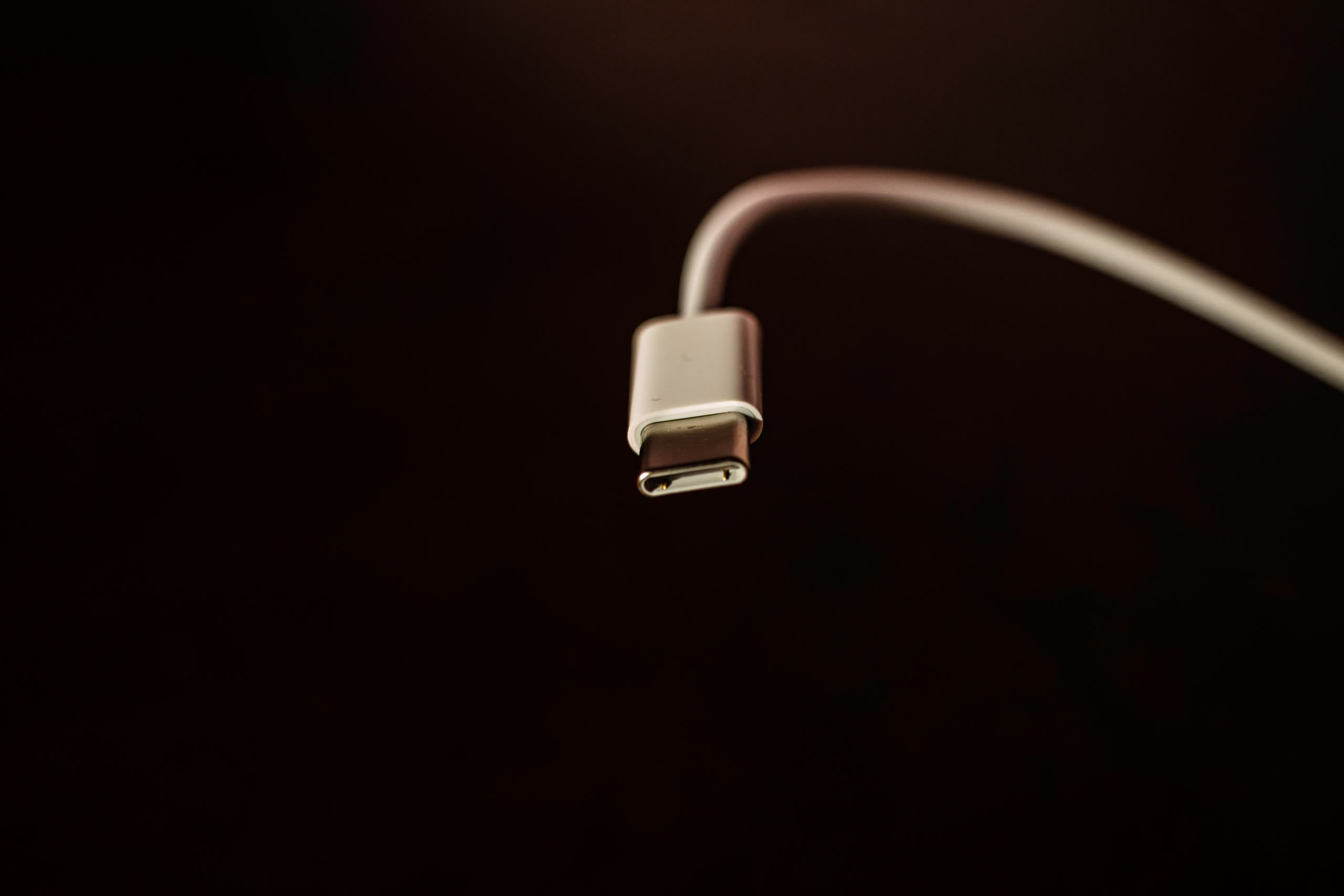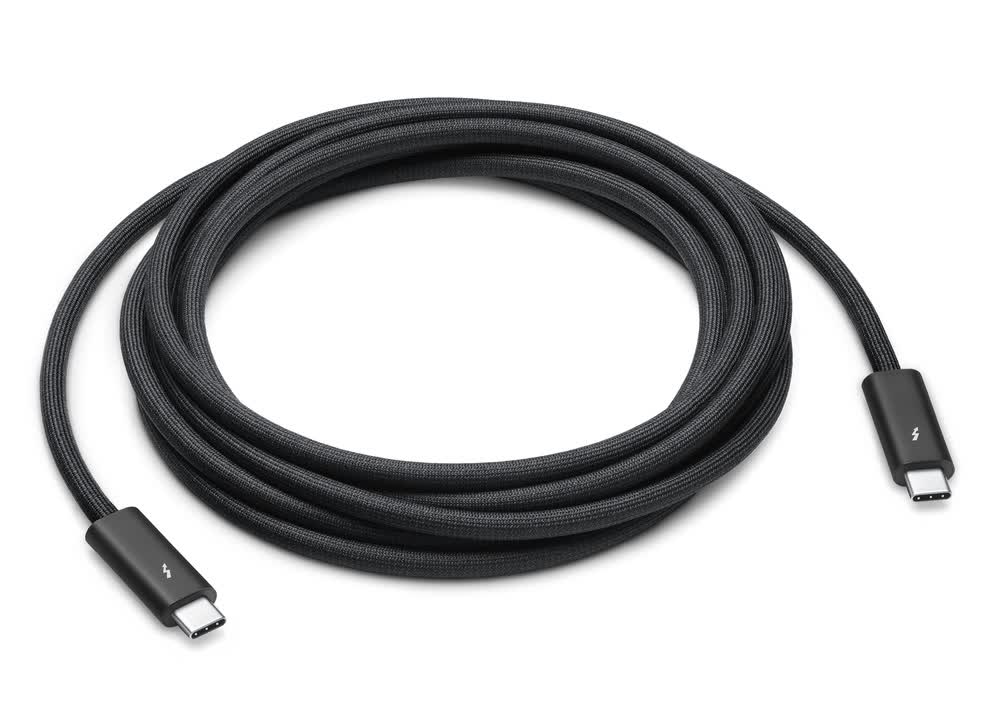In brief: Apple has just started selling its three-meter Thunderbolt 4 Pro cable. Priced at $159, it's currently the longest Thunderbolt 4 cable on the market supporting data transfers up to 40Gbps, DisplayPort video output, and up to 100 watts of power delivery.

Apple's new 3m-long Thunderbolt 4 Pro cable is now officially available to purchase for a steep $159. While that price tag might sound insane, it's currently the longest Thunderbolt 4 cable on the market.
Passive Thunderbolt cables have a maximum length of about 0.8m, but this is an active cable. That means there are chips and retimers inside of it working together to reduce signal jitter. You can check out the teardown of the 1.8m version of this cable here.

The cable supports a bevy of standards, including Thunderbolt 3, Thunderbolt 4, and USB 4 data transfers up to 40Gb/s, DisplayPort video output (HBR3), as well as up to 100W of power delivery. It's also braided to prevent tangling, a nice feature to have, considering the price.
Taking a quick look at Amazon, all cables with similar specs top out at 2 meters, although at way more reasonable prices. Now you could opt for one of Corning's optical Thunderbolt cables, which go up to 50m, but those are only data cables without power delivery.
However, if power delivery is all you're after, check out Club3D's new USB Type-C cables that can deliver up to 240W of power. They will probably be priced way lower, although the 40Gbps-capable one is limited to just 1m.
https://www.techspot.com/news/94472-apple-starts-selling-three-meter-long-thunderbolt-4.html
